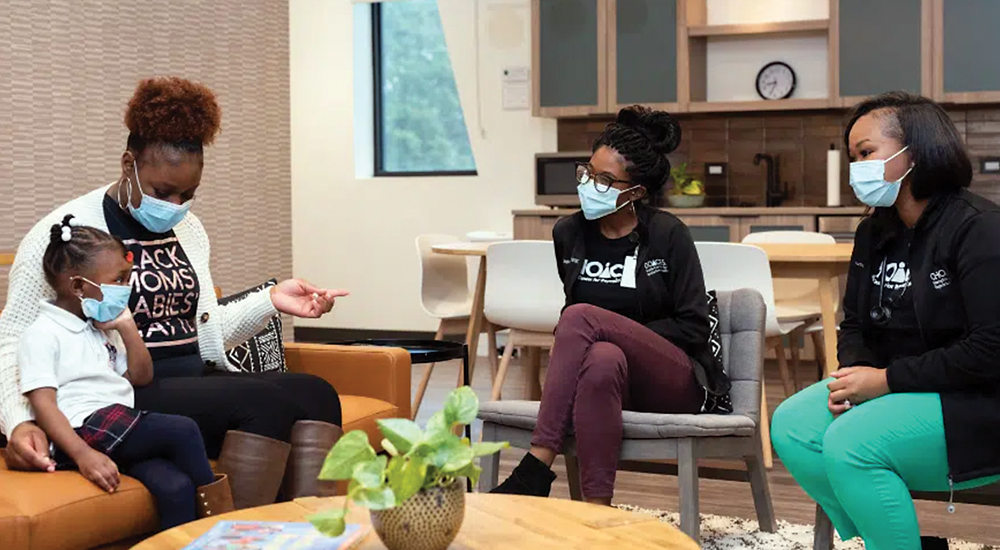Dr. Nikia Grayson, CHOICES’ director of clinical services, said there are currently only four Black midwives in Memphis. Grayson discusses why increasing that number will mean more inclusive, culturally competent reproductive healthcare for Black women in Memphis. — Maya Smith
Memphis Flyer: What are the goals for the fellowship?
Nikia Grayson: We want to address the maternal and infant health crisis that we are seeing in the Black community. This fellowship will help to train Black midwives in a comprehensive, reproductive and social justice way that addresses the health inequities and systemic racism many are facing in the healthcare system. There aren’t that many midwives in the country and definitely not that many Black midwives. We would love to see more Black midwives in the South caring for their communities in a culturally congruent way.
Why does culturally congruent healthcare matter?
When patients see providers who look like them and understand their cultural beliefs and values, the way they communicate, and the things they may be experiencing, it leads to better patient outcomes. There’s a level of understanding and empathy. Studies have shown that patients with providers who are like them or come from their community have better health outcomes.
Why are there higher rates of pregnancy-related deaths among Black women than among white women?
One, there are providers who aren’t listening to their patients and who aren’t recognizing the importance of seeing patients as human and honoring their humanity. Because we have this disconnect between patients and providers, many people are seeking out care late. By the time they come in for prenatal care, many of their issues are exacerbated. Also, we know that patients who are underinsured or uninsured have very few providers they can go to. They also have to learn how to navigate the system. Just the stress of trying to navigate the healthcare system, as well as the stress of being a Black woman, really does take a toll on people’s bodies.
What does inclusive healthcare look like?
Inclusive healthcare looks like caring for the whole person. We have patients who might be experiencing housing, food, or job insecurity. So it’s being able to connect them to both the social and medical resources they need. There’s a fragmentation of care in our communities. We want to have an inclusive model where we build a care team so patients don’t experience that fragmentation.
